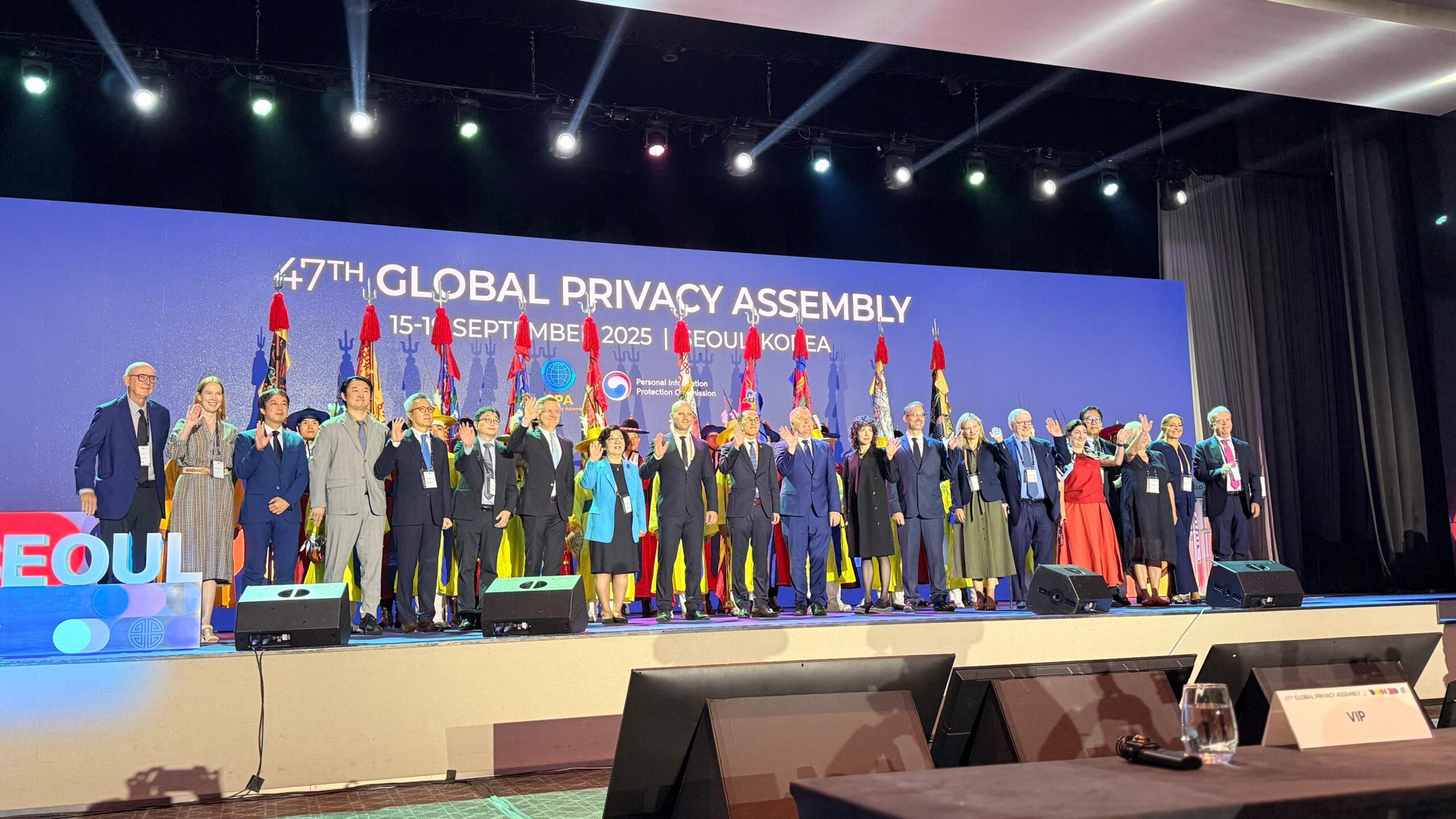
FPF Year in Review 2025
This year, FPF continued to broaden its footprint across priority areas of data governance, further expanding activities across a range of cross-sector topics, including AI, Youth, Conflict of Laws, AgeTech (seniors), and Cyber-Security. We have engaged extensively at the local level and national level in the United States, and we are increasingly active in every […]

Five Big Questions (and Zero Predictions) for the U.S. Privacy and AI Landscape in 2026
Introduction For better or worse, the U.S. is heading into 2026 under a familiar backdrop: no comprehensive federal privacy law, plenty of federal rumblings, and state legislators showing no signs of slowing down. What has changed is just how intertwined privacy, youth, and AI policy debates have become, whether the issue is sensitive data, data-driven […]

FPF Anatomy of a State Comprehensive Privacy Law Report
ANATOMY OF A STATE COMPREHENSIVE PRIVACY LAW Charting the Legislative Landscape DECEMBER 2025 The Future of Privacy Forum (FPF) is a non-profit organization that serves as a catalyst for privacy leadership and scholarship, advancing principled data practices in support of emerging technologies. Learn more about FPF by visiting fpf.org. Jordan Francis Senior Policy Counsel, Future […]

2026 FPF Sponsorship Prospectus
SPONSORSHIP PROSPECTUS 2026 1 FPF SPONSORSHIP PROSPECTUS 2026 The Future of Privacy Forum (FPF) is a global non-profit organization that brings together industry, academics, civil society, policymakers, and other stakeholders to explore the challenges posed by technological innovation and develop privacy protections, ethical norms, and workable business practices. We provide a global platform for senior […]

Comparison of COPPA 2.0
Children and Teens’ Online Privacy Protection Act (“COPPA 2.0”) Unofficial redline comparison of: Title II – COPPA 2.0 1. Children?s Online Privacy Protection Act Existing statutory text , 15 U.S.C. 91 , et seq. Black, unadorned text. to 2. S.836 Children and Teens’ Online Privacy Protection Act as re-introduced in the U.S. Senate 4 March […]

FPF Holiday Gift Guide for AI-Enabled, Privacy-Forward AgeTech
On Cyber Monday, giving supportive technology to an older loved one or caregiver is a great option. Finding the perfect holiday gift for an older adult who values their independence can be a challenge. This year, it might be worth exploring the exciting world of AI-enabled AgeTech. It’s not only gadgets; it’s also about giving […]

Home,,Hand,And,Senior,Woman,With,Phone,For,Network,,Communication
home,,hand,and,senior,woman,with,phone,for,network,,communication

GPA 2025: AI development and human oversight of decisions involving AI systems were this year’s focus for Global Privacy regulators
The 47th Global Privacy Assembly (GPA), an annual gathering of the world’s privacy and data protection authorities, took place between September 15 and 19, 2025, hosted by South Korea’s Personal Information Protection Commission in Seoul. Over 140 authorities from more than 90 countries are members of the GPA, and its annual conferences serve as an […]

FPF ANPR Comment 10 17_submitted
1 1350 Eye Street NW, Suite 350, Washin gton, DC 20005 | 202 -768 -8950 | fpf.org October 17 , 202 5 Via Electronic Submission Acting Director Russell Vought Consumer Financial Protection Bureau 1700 G Street, NW Washington, DC 20552 Re: Comments on Personal Financial Data Rights Reconsideration (Docket No. CFPB – 202 5–0037 ) […]

Understanding the New Wave of Chatbot Legislation: California SB 243 and Beyond
As more states consider how to govern AI-powered chatbots, California’s SB 243 joins New York’s S-3008C as one of the first few enacted laws governing companion chatbots and stands out as the first to include protections tailored to minors. Signed by Governor Gavin Newsom this month, the law focuses on transparency and youth safety, requiring […]
